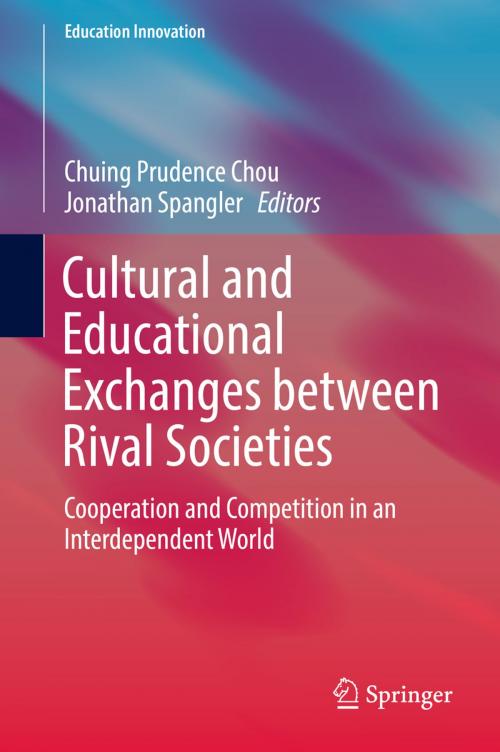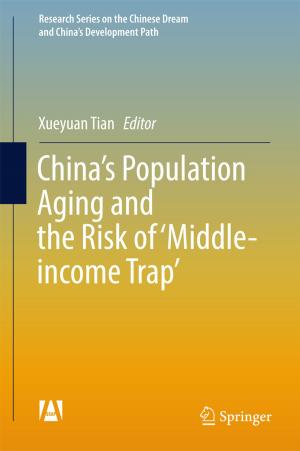Cultural and Educational Exchanges between Rival Societies
Cooperation and Competition in an Interdependent World
Nonfiction, Reference & Language, Education & Teaching, Educational Theory, Educational Reform, Philosophy & Social Aspects| Author: | ISBN: | 9789811315473 | |
| Publisher: | Springer Singapore | Publication: | September 26, 2018 |
| Imprint: | Springer | Language: | English |
| Author: | |
| ISBN: | 9789811315473 |
| Publisher: | Springer Singapore |
| Publication: | September 26, 2018 |
| Imprint: | Springer |
| Language: | English |
This book stimulates discussions on cultural and educational exchanges between rival states and societies, raises awareness of the potential positive and negative impacts of such exchanges, and serves as a basis for future research and program design. Cultural and educational exchanges in various forms have existed for millennia. Yet it was not until the unprecedented human devastation of two world wars catalyzed a sense of urgency around the world that a new era of cultural and educational exchange programs emerged as a means of easing tensions between rival states and societies. This book is motivated by the need for critical research that can contribute to building a more comprehensive understanding of the issues at stake. It begins with a historical overview of cultural and educational exchanges between rival societies, an assessment of their positive and negative impacts, and a review of some of the most prominent theories in relevant fields. It then presents a diverse set of case studies, in which authors consider not only the real or expected benefits of such exchanges but also the potentially negative impacts, challenges faced along the way, and broader effects on the rival societies at large. The states and societies considered include North Korea and the West, Bosnia and Herzegovina, Israel and the Palestinian territories, India and Pakistan, China and Taiwan, Cuba and the US, and China and the US. Taken together, the chapters demonstrate that exchanges have observable impacts on the individuals and institutions involved. Moreover, they reveal that exchanges have the capacity, in some cases, to affect broader social and political change at the family, community, society, or state level, but these impacts are indirect and typically require long-term concerted efforts by those involved.
This book stimulates discussions on cultural and educational exchanges between rival states and societies, raises awareness of the potential positive and negative impacts of such exchanges, and serves as a basis for future research and program design. Cultural and educational exchanges in various forms have existed for millennia. Yet it was not until the unprecedented human devastation of two world wars catalyzed a sense of urgency around the world that a new era of cultural and educational exchange programs emerged as a means of easing tensions between rival states and societies. This book is motivated by the need for critical research that can contribute to building a more comprehensive understanding of the issues at stake. It begins with a historical overview of cultural and educational exchanges between rival societies, an assessment of their positive and negative impacts, and a review of some of the most prominent theories in relevant fields. It then presents a diverse set of case studies, in which authors consider not only the real or expected benefits of such exchanges but also the potentially negative impacts, challenges faced along the way, and broader effects on the rival societies at large. The states and societies considered include North Korea and the West, Bosnia and Herzegovina, Israel and the Palestinian territories, India and Pakistan, China and Taiwan, Cuba and the US, and China and the US. Taken together, the chapters demonstrate that exchanges have observable impacts on the individuals and institutions involved. Moreover, they reveal that exchanges have the capacity, in some cases, to affect broader social and political change at the family, community, society, or state level, but these impacts are indirect and typically require long-term concerted efforts by those involved.















